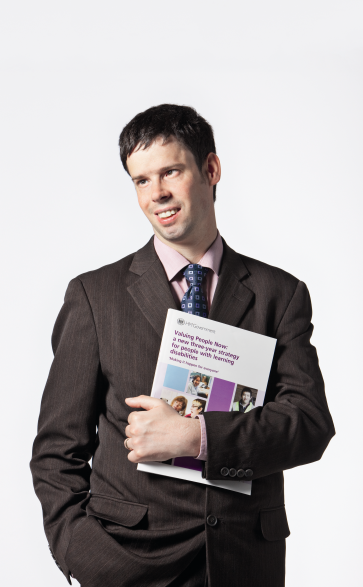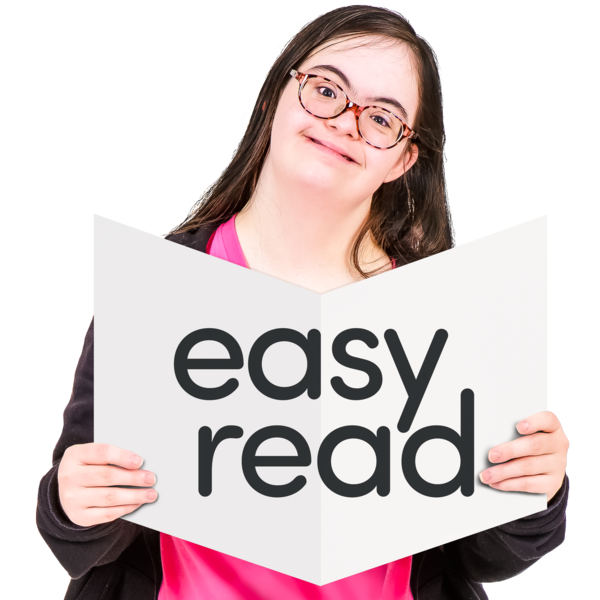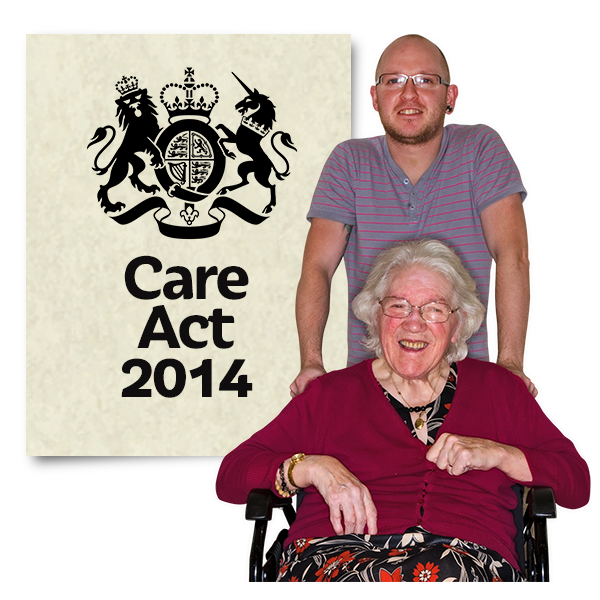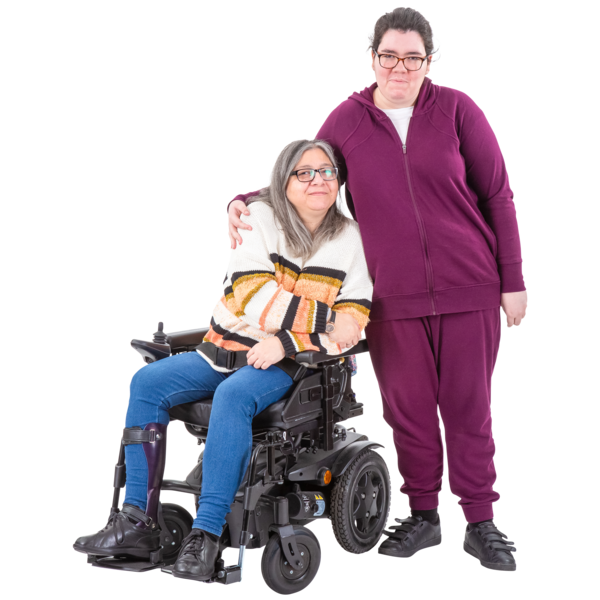
In early February, Bristol Council dropped their Fair and Affordable Care Policy after a campaign led by Bristol Reclaiming Independent Living (Bril), with local and national supporters.

The Fair and Affordable Care Policy proposed by Bristol Council was taken from a similar policy currently used by Devon County Council.

The policy sets out a requirement to offer the cheapest care support to people rather than the most suitable support. This could mean offering residential care rather than person-centred support to live independently.

Many councils across the country have a lack of money to support people in the right way and sometimes this means that the legal rights of disabled people are often forgotten about or ignored.

Scott Watkin BEM, is one of the Co-Chairs at Learning Disability England.
He says ‘It feels like disabled people or anyone with state funded support are being made to give up basic rights because there is not money in the right places or people are not working out problems together. This cannot be allowed to happen. We need to speak up for our basic rights”

The United Nations Convention on the Rights of People with a Disability is an international human rights agreement that the UK is part of.
It recognises that disabled people have the same rights as everyone else to freedom, respect, equality and dignity.

You can read an Easy Read version of the UNCRPD here.

It is good that Bristol Council are reconsidering the very real impact of this policy on disabled people in Bristol. But there is still a lot of work to do to ensure that the rights and choices of people in Bristol and beyond are respected.

Bril issued a statement on the withdrawal of the Fair and Affordable Care Policy. They said “While we welcome the Council’s decisions to withdraw the policy, to set up an inquiry, we remain concerned.”

They went on to say “disabled people are not to blame for financial crisis or for austerity. While we recognise the harm caused by 14 years of government cuts to local authorities, councils must still make choices with communities, and decisions that are both lawful and in the interests of people they aim to serve.”

It is important that Bristol Council and other councils in the UK remember that the voices of people with disabilities must be heard in making decisions that directly affect them.

It is also important that councils remember they have a legal duty to protect disabled people’s rights. This is why protections such as the Care Act, the Human Rights Act and the UNCRPD exist, to promote wellbeing and independence.

Member representative Tim said:
“I’ve always thought Bristol as a progressive city – I visited last summer and remember being impressed by their bins – and the messaging of togetherness on them. Bristol does seem to be a city out there, forging its own way. Bristol might have forgotten that it remains part of the UK following the Convention”

Families are often providing more support without the right information and people are being left without the help they need to live a good life. Lack of money means that organisations are struggling to do the job they want to.

The lack of proper funding cannot lead to the legal rights and freedoms of people with learning disabilities being undermined. Councils can find better solutions from working together with disabled people and their families, not by putting unsuitable and harmful policies in place.